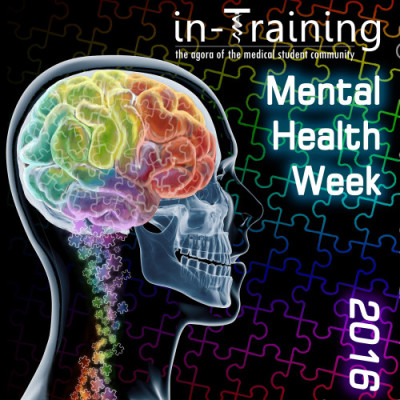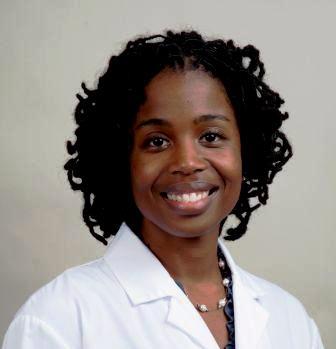Resilience in Medical Education: Defining Burnout and How Role Models Can Help
Medical school is a notoriously challenging experience during which students undergo tremendous personal change and professional growth. Though the stressors that come along with this are varied and unique to each student’s context and experience, they may be categorized within a few common themes. Harvard psychiatrist Raymond Laurie has previously described the concept of “role strain” with respect to negotiating relationships with their families, friends, partners, peers, attending physicians and patients. Additionally, with regard to students’ concept of themselves, individuals who have high achievement may be challenged in new ways both intellectually and emotionally.



